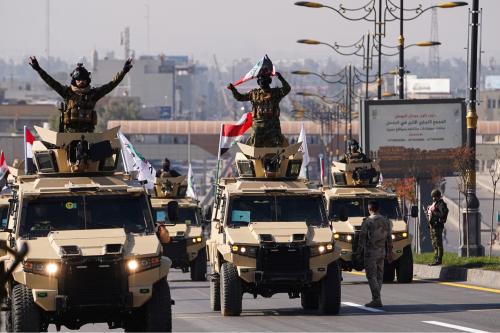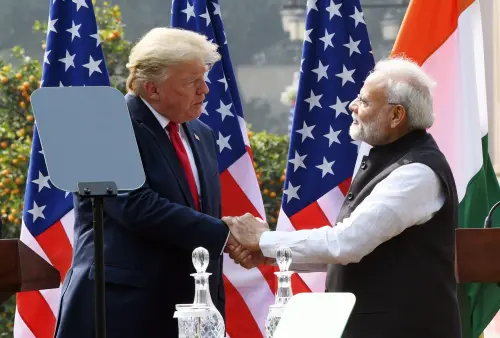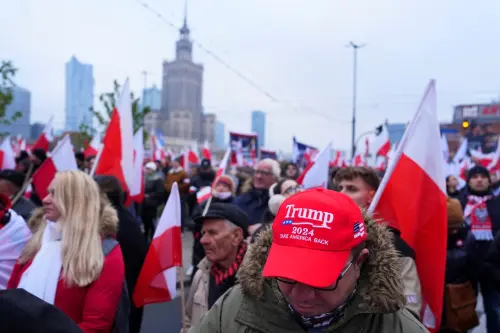

2:00 pm EDT - 3:00 pm EDT
Past Event
On July 5, Masoud Pezeshkian, a heart surgeon and reformist candidate, defeated his hardline opponent in the second round of Iran’s presidential elections. The election, which followed the death of President Ebrahim Raisi in a helicopter crash in May, comes at a time of heightened tensions in the Middle East and simmering discontent and economic crisis at home. In a system which gives Iranian Supreme Leader Ayatollah Ali Khamenei control over all the key levers of power in Iran, what might Pezeshkian’s victory signal about the future of Tehran’s policies toward its people and its region? And what questions might this outcome raise for U.S. policy?
On Wednesday, July 10, the Foreign Policy program at Brookings hosted a discussion of the recent Iranian elections. Maziar Bahari, journalist and founder of the IranWire citizens’ journalism site, joined Suzanne Maloney, vice president and director of Foreign Policy at Brookings, in conversation with Natan Sachs, senior fellow and director of the Center for Middle East Policy at Brookings, to discuss how Tehran might navigate this critical moment for Iran and the region under a new president.
Viewers are welcome to submit questions via email to [email protected] and via X (Twitter) to @BrookingsFP using #IranElections.
Moderator


Marsin Alshamary, Hamzeh Hadad
January 21, 2025

Tanvi Madan
January 20, 2025

Pavel K. Baev, Vanda Felbab-Brown, Jeffrey Feltman, James Goldgeier, Samantha Gross, Ryan Hass, Mara Karlin, Patricia M. Kim, Lynn Kuok, Tanvi Madan, Suzanne Maloney, Alexander Noyes, Sophie Rutenbar, Natan Sachs, Mireya Solís, Constanze Stelzenmüller, Shibley Telhami, Valerie Wirtschafter, Andrew Yeo
November 14, 2024